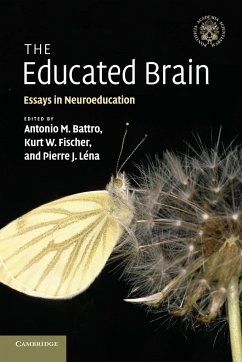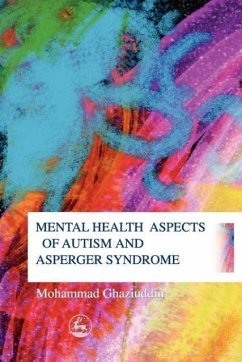The emerging field of neuroeducation, concerned with the interaction between mind, brain and education, has proved revolutionary in educational research, introducing concepts, methods, and technologies into many advanced institutions around the world. The Educated Brain presents a broad overview of the major topics in this new discipline: Part I examines the historical and epistemological issues related to the mind/brain problem and the scope of neuroeducation; Part II provides a view of basic brain research in education and use of imaging techniques, and the study of brain and cognitive development; and Part III is dedicated to the neural foundations of language and reading in different cultures, and the acquisition of basic mathematical concepts. With contributions from leading researchers in the field, this book features the most recent and advanced research in cognitive neurosciences. A collaborative volume introducing themes of theoretical importance and practical relevance in learning and teaching from the new field of neuroeducation. Featuring chapter overviews and an extended bibliography with suggestions for further study, this book will be of interest to teachers, psychologists, educators, neurobiologists, philosophers and cognitivists.
"...this book serves the important function of launching a new interdisciplinary field that had been slipping through the neuroscience and education nettings. It certainly makes a significant contribution to our understanding of how brain function affects education, from the lab to the classroom..."
--Diego A. Golombek, Department of Science and Technology, National University of Quilmes, The American Journal of Psychology
--Diego A. Golombek, Department of Science and Technology, National University of Quilmes, The American Journal of Psychology








